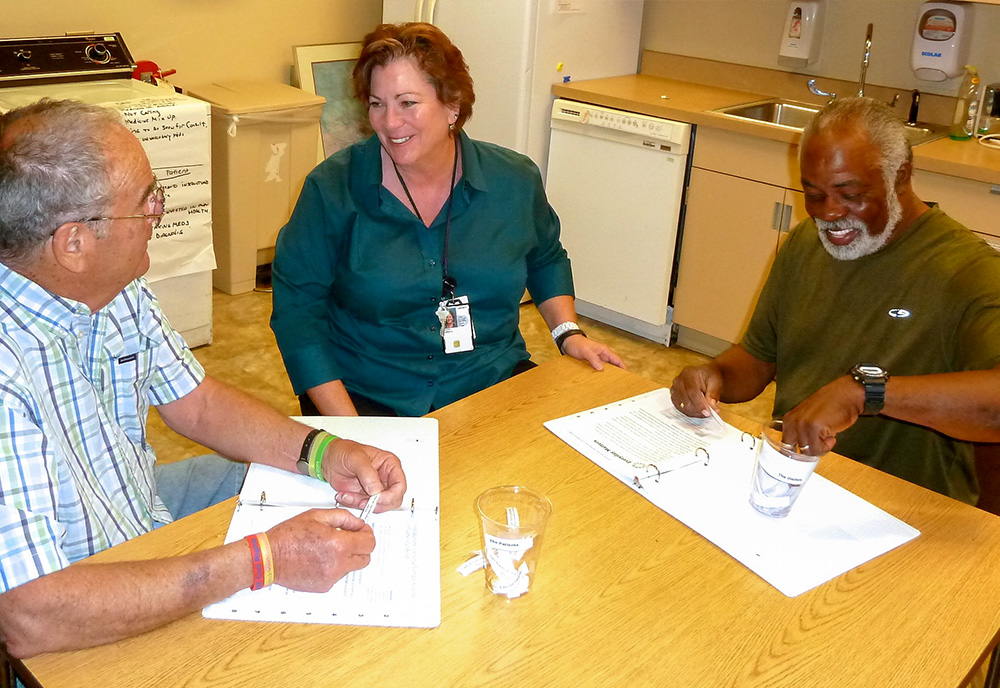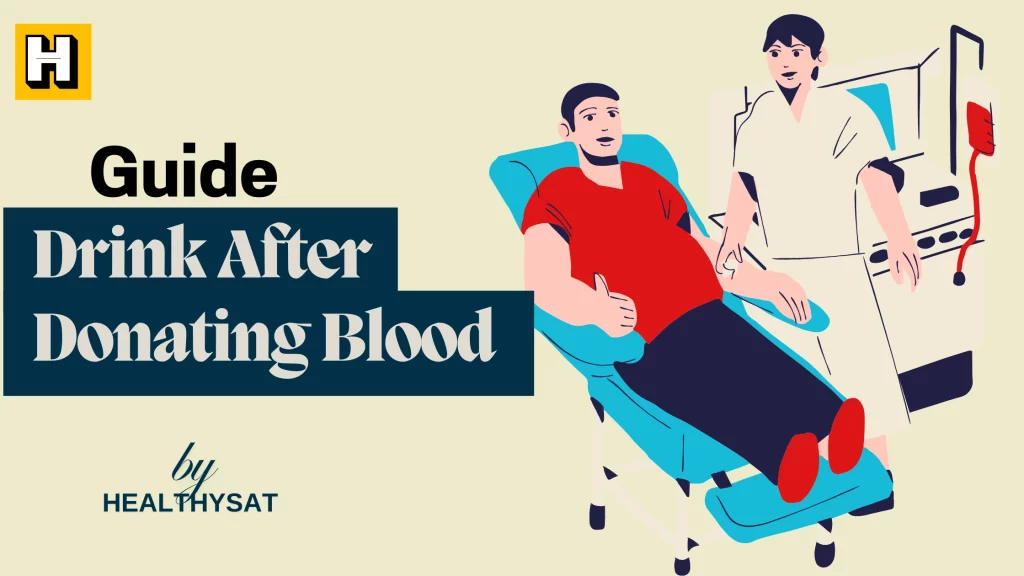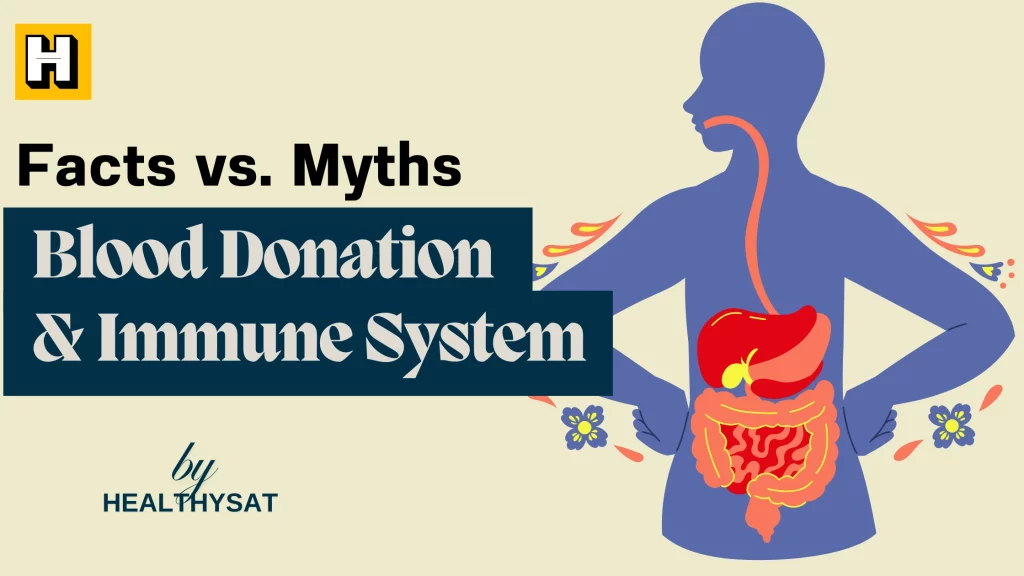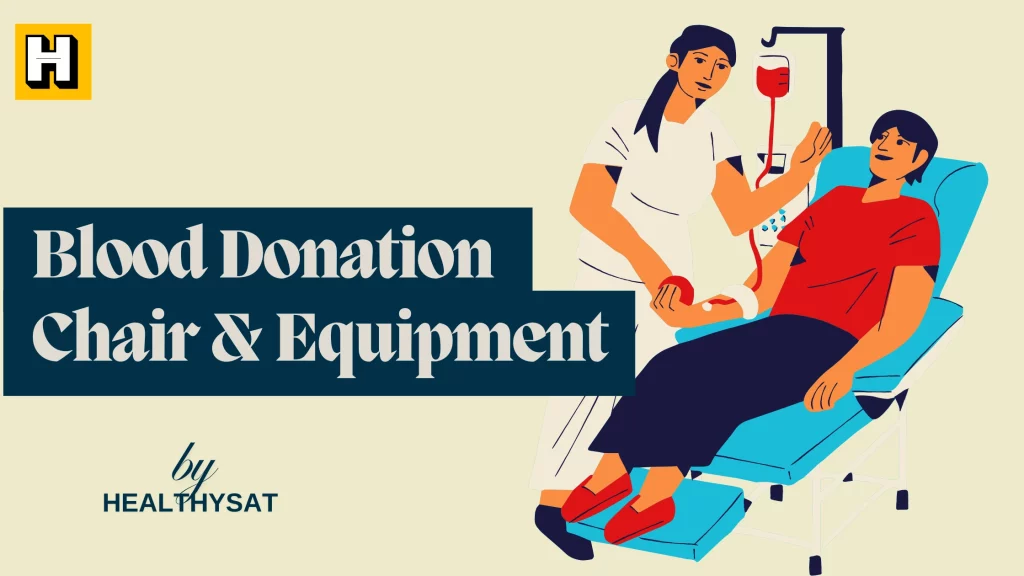Introduction
When it comes to the well-being of our veterans, addressing mental health issues such as Post-Traumatic Stress Disorder (PTSD) is paramount. PTSD can significantly impact the lives of those who have served in the military, but there is hope in the form of occupational therapy. This article will explore the importance of occupational therapy for veterans with PTSD, providing them with the tools and support they need to lead fulfilling lives. Let’s delve into occupational therapy and its impact on veterans’ mental health.
Understanding PTSD and Its Effects on Veterans
What is PTSD?
Post-Traumatic Stress Disorder (PTSD) is a mental health condition that some develop after experiencing or witnessing a traumatic event. It often occurs in veterans exposed to combat or other life-threatening situations during service. PTSD can manifest through various symptoms such as flashbacks, nightmares, hypervigilance, and avoidance of triggers.
The Impact of PTSD on Veterans
PTSD can profoundly impact veterans’ lives, affecting their mental health, relationships, and overall well-being. It may lead to difficulties adjusting to civilian life, problems with employment, substance abuse, and even suicidal thoughts. Recognizing and addressing PTSD is crucial for the holistic recovery of our veterans.
The Role of Occupational Therapy in PTSD Treatment
What is Occupational Therapy?
Occupational therapy is a client-centered healthcare profession that focuses on helping individuals regain or develop the skills necessary for daily activities or “occupations.” In the context of veterans with PTSD, occupational therapy aims to enhance their quality of life and functional independence.
Addressing PTSD Symptoms Through Occupational Therapy
Occupational therapists utilize a range of interventions tailored to the specific needs of veterans with PTSD. Let’s explore some of the ways occupational therapy can help:
A. Structured Routine and Time Management
Establishing a structured routine and effective time management techniques can help veterans with PTSD regain a sense of control over their lives. Occupational therapists work closely with veterans to develop personalized routines that promote healthy habits and reduce stress.
B. Stress Management and Relaxation Techniques
Occupational therapists teach veterans coping strategies to manage stress and anxiety. These techniques may include deep breathing exercises, mindfulness, and progressive muscle relaxation. By incorporating these practices into their daily lives, veterans can experience reduced PTSD symptoms and improved overall well-being.
C. Exposure Therapy
Exposure therapy is a well-established technique used in occupational therapy for PTSD treatment. Therapists gradually expose veterans to situations or stimuli that trigger their traumatic memories, helping them desensitize and gain control over their responses. This process promotes the ability to face and overcome anxiety-provoking situations.
D. Social Skills Development
Many veterans with PTSD struggle with social interactions and maintaining relationships. Occupational therapists work with veterans to develop social skills and provide guidance on navigating challenging social situations. Veterans can enhance their social connections and support networks by improving their communication and relationship-building abilities.
E. Vocational Rehabilitation
Occupational therapy also addresses the vocational needs of veterans with PTSD. Therapists assist in identifying suitable career paths, developing job-seeking skills, and providing support during the employment process. By reintegrating into the workforce, veterans can regain a sense of purpose and build self-esteem.
Benefits and Success Stories of Occupational Therapy for Veterans with PTSD
1. Restoring Functionality and Independence
Occupational therapy focuses on improving veterans’ functional abilities, enabling them to engage in meaningful activities independently. This restoration of functionality enhances their quality of life, boosts self-confidence, and fosters a sense of achievement.
2. Enhancing Coping Mechanisms
Through occupational therapy, veterans with PTSD acquire practical coping mechanisms that assist them in managing their symptoms. By learning effective strategies to deal with stress and anxiety, they can navigate daily challenges with greater resilience and adaptability.
3. Promoting Reintegration into Society
Occupational therapy plays a crucial role in facilitating the reintegration of veterans into their communities. By addressing their unique needs and goals, therapists empower veterans to actively participate in social, vocational, and recreational activities, fostering a sense of belonging and purpose.
Conclusion
Occupational therapy is a practical and effective approach to supporting veterans with PTSD on their path to recovery. By addressing the specific challenges of this mental health condition, occupational therapists provide personalized interventions that restore functionality, enhance coping mechanisms, and promote social reintegration. With the right support and guidance, veterans can regain control of their lives and experience a brighter future.
Frequently Asked Questions (FAQs):
Q1: Is occupational therapy the only treatment option for veterans with PTSD?
A1: While occupational therapy is a beneficial treatment option for veterans with PTSD, it is often used with other therapies, such as cognitive-behavioral therapy and medication. Combining different approaches can provide a comprehensive treatment plan tailored to each veteran’s needs.
Q2: How long does occupational therapy for PTSD typically last?
A2: The duration of occupational therapy for PTSD varies depending on the individual’s progress and goals. It can range from a few weeks to several months or even longer. The therapist will assess the veteran’s needs and continually evaluate their progress to determine the appropriate duration of therapy.
Q3: Are there any potential side effects of occupational therapy for veterans with PTSD?
A3: Occupational therapy is generally safe and does not have significant side effects. However, some individuals may experience a temporary discomfort or emotional distress during exposure therapy sessions. The therapist will closely monitor the veteran’s well-being and provide support throughout treatment.
Q4: Can occupational therapy completely cure PTSD in veterans?
A4: While occupational therapy can be highly effective in managing PTSD symptoms, it is essential to understand that PTSD is a complex mental health condition that may require long-term management. Occupational therapy aims to provide veterans with the tools and skills to lead fulfilling lives despite their PTSD.
Q5: Can veterans seek occupational therapy outside of the VA healthcare system?
A5: Veterans can access occupational therapy services outside of the VA healthcare system. Many private healthcare providers offer occupational therapy for veterans with PTSD. It is advisable to explore options with insurance providers or local healthcare facilities.
Remember, seeking professional advice from a qualified occupational therapist or healthcare provider is crucial for veterans with PTSD. The information provided in this article is for informational purposes only and should not replace medical advice.







